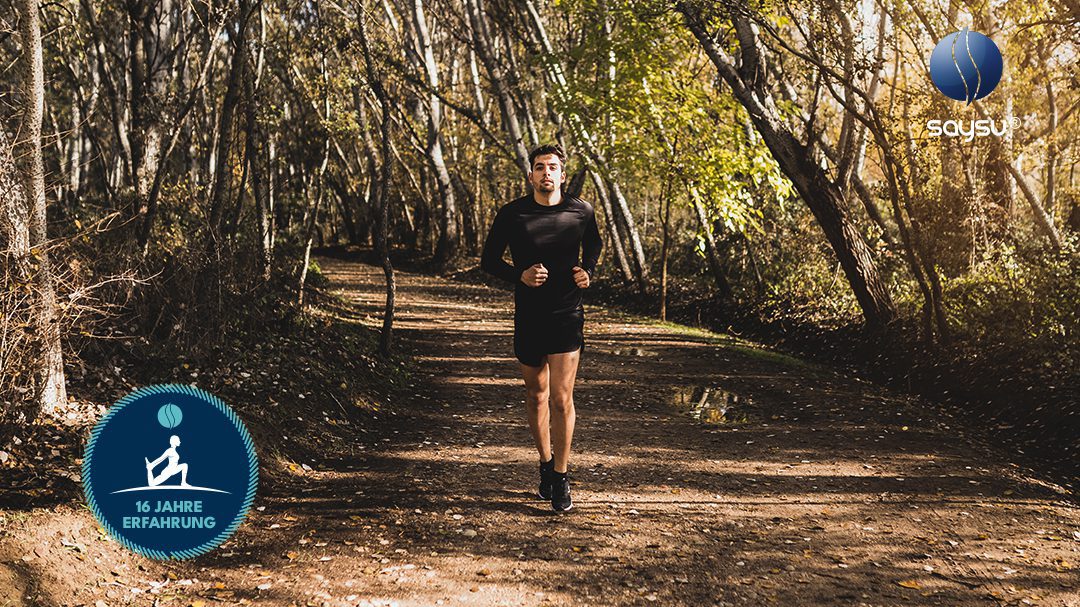Training outdoors can be a refreshing experience that lifts your mood, invigorates your spirit, and, of course, promotes fitness. However, as with any athletic activity, there are several things you should pay attention to when it comes to outdoor sports to avoid injuries and maintain your health.
Mind the Weather Conditions:
One of the biggest challenges with outdoor sports is the weather. It can be unpredictable and can change rapidly. Before you start your workout, you should check the weather forecast. In cases of extreme temperatures, heavy rain, or storms, it’s better to postpone the workout. Not only does the risk of injury increase, but you could also expose yourself to unnecessary strain that could harm your health.
Proper Warm-Up:
As with any athletic activity, it’s important to warm up properly before training. A thorough warm-up prepares your muscles and joints for the impending strain and can significantly reduce the risk of injury.
Dress Appropriately:
Proper clothing is especially important when you’re training outdoors. It should be comfortable and suitable for the weather conditions. In cold weather, it’s advisable to dress in layers to keep warm and be able to remove clothing if necessary. In warm weather, clothing should be lightweight and breathable to avoid overheating.

Hydration:
Water is essential for physical performance and overall health. Even if you might not feel as thirsty as during an indoor workout, it’s important to drink enough to avoid dehydration.
Sun Protection:
In sunny weather, it’s important to protect yourself from harmful UV rays. Wear a sunscreen with a high SPF, sunglasses, and possibly a hat to protect yourself from sunburn and other harmful effects of the sun.
Safety:
Safety is particularly important in outdoor sports. You should always be aware of your surroundings and ensure that you are visible, especially when training near roads. Wear reflective clothing and use lights when training in the twilight or darkness.
There are numerous reports of athletes who suffer accidents due to lack of preparation or neglect of safety measures. A common situation, for example, is the neglect of weather conditions. Training in extreme weather can lead to injuries and should be avoided.
Dehydration is also a frequent factor that can lead to health problems. Training on hot days without adequate fluid intake can cause serious issues. Therefore, it is essential to always ensure an adequate water supply and to carry a backpack with a water container if necessary.
Lastly, lack of local knowledge can lead to serious difficulties. Getting lost in an unknown area can be dangerous, and it is always advisable to inform yourself sufficiently about the route before setting off. Helpful tools for this are maps or GPS devices.
These examples highlight the importance of careful preparation and paying attention to certain risks when training outdoors. Training outside can be a wonderful experience, but it is important to be aware of the risks and to know how to minimize them. In case of uncertainty, it can be helpful to have a training partner or join a group to feel safe.
Whether you are a beginner or an experienced athlete, it’s important to listen to your body and respect your limits. Do not overexert yourself and take enough time for recovery. Remember that sports are not just about achieving goals, but also about having fun and staying healthy.
In conclusion, we would like to emphasize that outdoor training is a great way to stay fit, enjoy nature, and improve mental health. With the right preparations and precautions, you can get the most out of your workout while staying safe.



